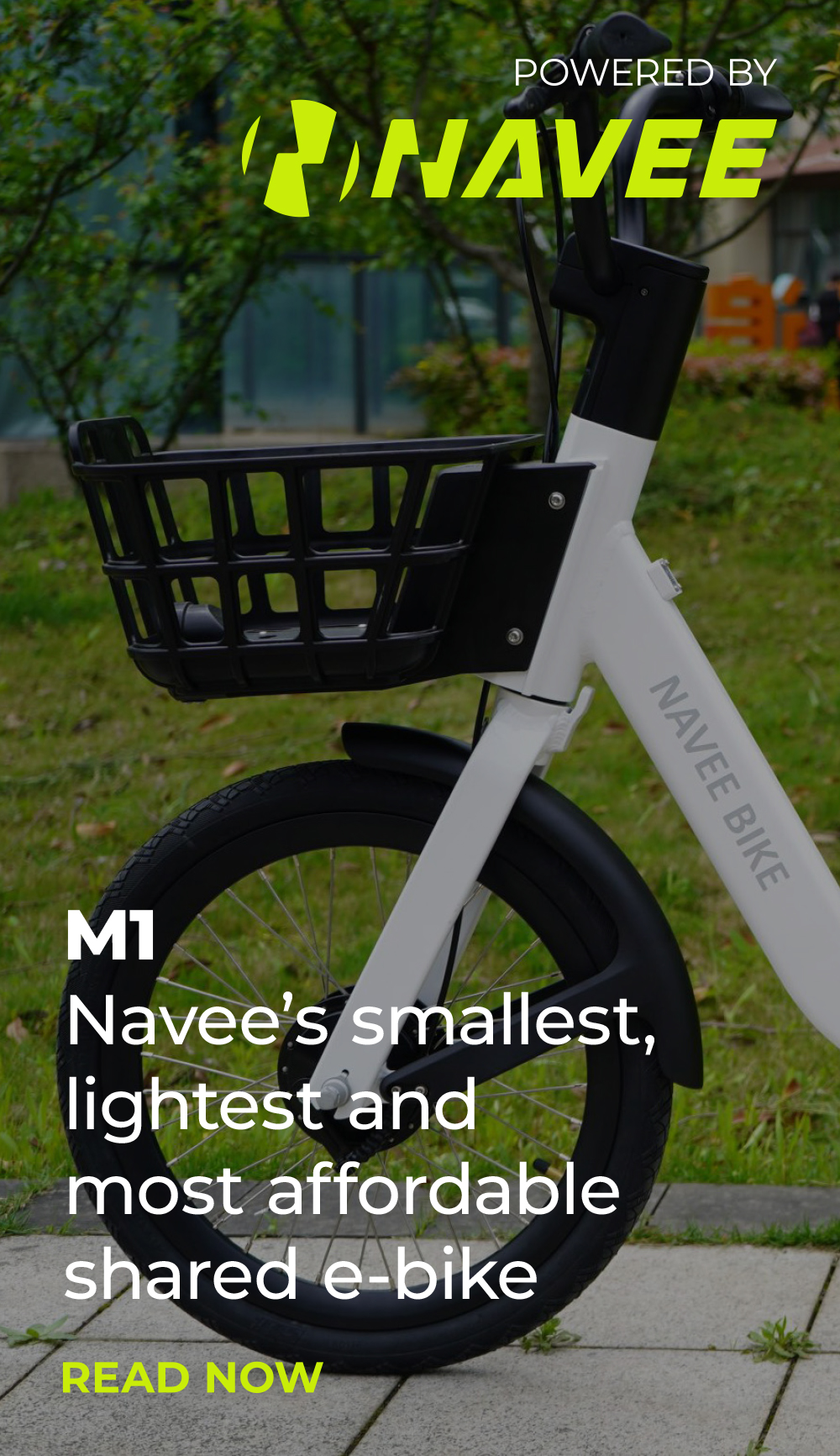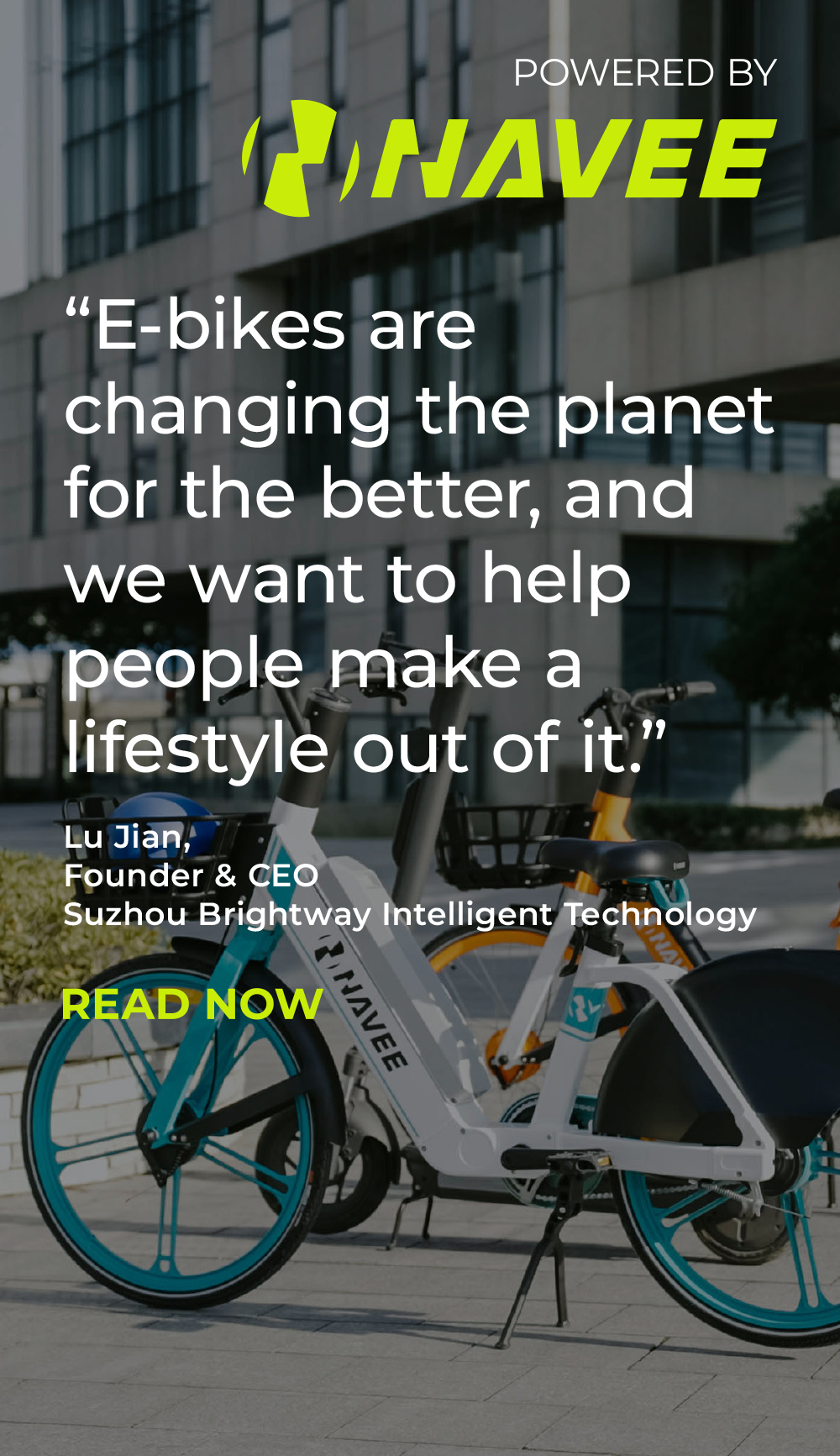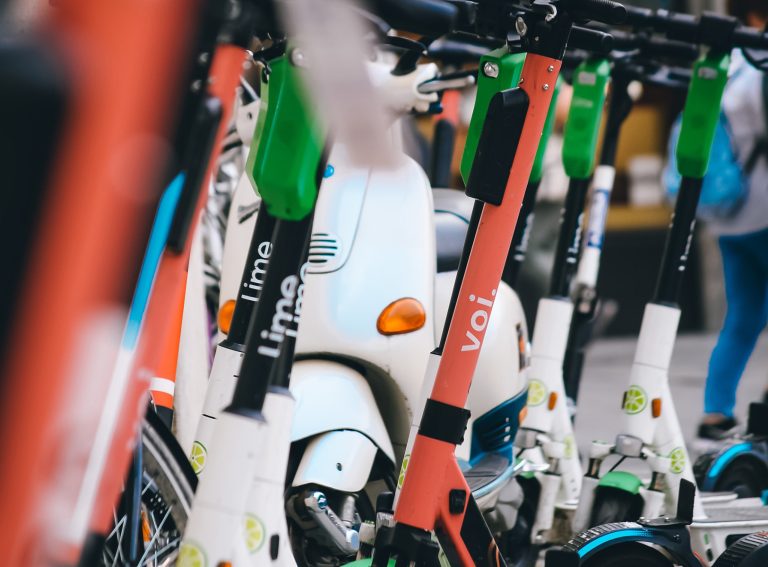The West Midlands Cycle Hire (WMCH) is the UK’s largest mixed-mode (manual and electric) bikeshare. It has seen almost a quarter of a million journeys in its first year (it launched in early March 2021). Serco, the operator, now has a fleet of 1,300 pedal bikes, including 150 electric ones, across eight towns and cities in the urban region (with more ready to roll out as the scheme grows). There are 196 docking stations currently, though the system, which is powered by Beryl, allows journeys to end outside a docking station for an extra fee.
Zag analysis of the journeys so far reveals some interesting and surprising trends that tell a story of how micromobility is shaping the West Midlands. The research also shows that bicycles are making a difference in parts of this traditionally car-dominated region.
It’s all about Coventry
Perhaps the biggest surprise is that Coventry really likes bikeshare bikes. A lot. There’s actually been more journeys in the Coventry zone (which includes the University of Warwick) than in the larger operating area in Birmingham, which has many more docking stations. Coventry has long been a place with connectivity issues and accessibility issues, due in part to the dominance of its inner ring-road, and the bikes are clearly providing a viable alternative for many people. When Voi launched e-scooters in the city centre back in 2020, they had huge uptake – but the trial there was halted after five days due to its impact on the public realm. The bicycles have fared better – they’ve been going for just under a year now and the numbers of docking stations have increased. In all, Coventry has seen 86,000 intra-area journeys so far compared with Birmingham’s 84,000. Wolverhampton comes an honourable third place.
Who uses the bikes? Students, leisure users, park & riders?
The most popular docking stations for starting a journey reveal more about how WMCH is being used. The top 10 are all in Coventry – with Gosford Gate in first place, with almost 7,000 journeys so far starting here – 20 a day on average. Gosford Gate is a large student accommodation development. This is followed by Gosford Street, Binley Road, Frigate Bridge Deck and Coventry Park and Ride (indicating that the ride in “Park and Ride” can be a bicycle). You have to go to 14th place to find another city’s docking station appearing on the list – Birmingham’s Broad Street.
Are multimodal journeys happening?
In Wolverhampton, the most popular docking station is West Park North, on the edge of the popular Victorian park and gardens. Its second most popular docking station however, just narrowly behind, is the Transport Interchange. This suggests that bikeshare can very much be part of a multi-modal journey – arrive in the city by train, bus or tram, then get a bike to your destination.
Top journeys
The most popular journey is one starting and finishing at Coventry Park and Ride with over 2,500 such circular journeys. While some people may well be, as the name suggests, parking and then riding (bikes) into town, it is also beside a large park which is very popular for leisure cycling. The top “point to point” journey is Gosford Gate to Friargate Bridge Deck, which is close to Coventry University’s student union.
Summer is big
The biggest days so far for WMCH were in May and June 2021 where the combination of summer weather, the student population being in residence, and reduced pandemic restrictions resulted in a surge of usage. West Midlands Cycle Hire saw over 1,000 journeys in 19 days last summer. With the recent addition of electric bikes, and a continued build-out and expansion of docking stations in some areas, this summer should prove to be an even bigger season for WMCH and for cycling in the West Midlands in general.
The future
Lewis Cradduck, Serco’s Contract Manager for West Midlands Cycle Hire, said:
“We are delighted to have played our part in the development of the West Midlands Cycle Hire Scheme and making it such a success in just a year. Working with our partners including Pashley, and using our experience of managing cycle hire schemes elsewhere, we have focussed on implementing a scheme that meets the needs of the West Midlands, its resident and visitors. I would like to thank the Serco team who have worked so hard over the past year and we look forward to working with Transport for West Midlands and others on the scheme’s future development.”
While the ongoing e-scooter trials are continuing to be a key focus of how micromobility is developing in the UK, and Voi’s e-scooters in Birmingham, West Bromwich and at the University of Warwick are also very popular, the success so far of WMCH means that bikeshare has a part to play too. The permanence of physical docking stations ensures a grounding from which WMCH can potentially expand across the West Midlands urban region in the future.






